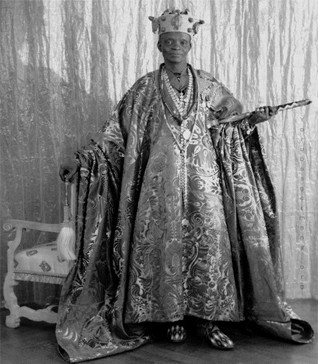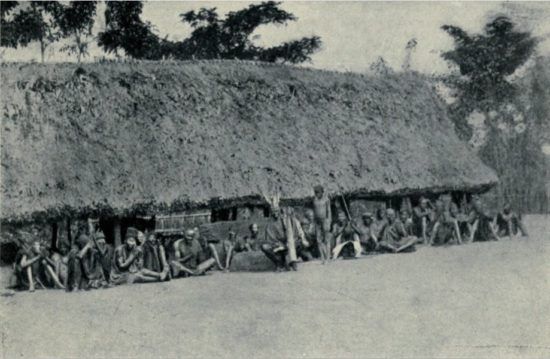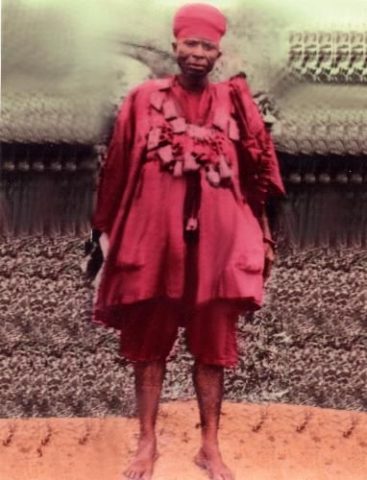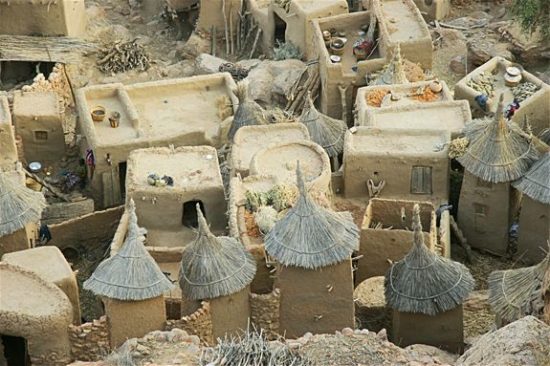The Adubi War | Egba War Of Independence
War songs rented the air. Egba warriors and soldiers, clothed in attires and assorted charms, matched majestically at the sight of war. The British’s sophisticated weapons did nothing to deter the warriors and soldiers from the battle ahead as they kept beating the drums of war.
The people of Egbaland had had enough of their British colonial administrators and decided it was time to revolt.
The Adubi War – Background
The war, popularly known as The Adubi war and sometimes referred to as the Egba Uprising (by the British government), occurred between June and August 1918. The war resulted from the British colonial government’s taxation system in Abeokuta, the present capital of Ogun State, Nigeria.
Read Also: The Owiwi War of 1832 | Yoruba History
The British started to gain colonial ground in the disruption of Abeokuta’s relative Independence at the outbreak of world war I in 1914. During this time, Abeokuta was incorporated as a colonial state. The colonial officials faced a decline in revenue generated from the Egba people, and the world war had also spurred an increase in import duties. To offset the cost, the government’s increased export duties.
A direct imposition of taxation was requested after the export duties also became insufficient.
Awapẹ, popularly known as Mọlashin, the second in command of Ige Adubi, who was working with the British government, had revealed the British government plans on the Direct tax system to the Ige Adubi, The Village head.
The British government jailed Awapẹ, and sanitary fines were imposed for the local officials’ and market women. The fines imposed were for violations such as littering. It brought about tension as many people, including the Egba chief, sternly opposed it.
Read Also: The Arakanga war | Egba & Ibadan | Yoruba History
More than 3,000 Ẹgba hunters, soldiers, warriors, and fighters picked up arms and waged war against the European soldiers under Fredrick Luggard.
Fredrick Luggard was the Governor-General of the southern and northern protectorate. In their way of rejecting the fines and tax imposed on them, Egba fighters destroyed the railways and telegraph lines in Abeokuta; they killed the European trading agent and a high-ranking Egba chief.
On 7 June, the British arrested 70 Egba chiefs and issued an ultimatum that resisters should lay down their arms, pay the taxes, and obey the local leadership. However, on 11 June, a party of soldiers returned from East Africa was brought in, and on 13 July, Egba rebels pulled up railway lines at Agbesi and derailed a train. Other rebels demolished the station at Wasimi and killed the British agent, and the Oba Osile, the African leader of the north-eastern Egba district, was attacked.
Read Also: Who is Bidemi Kosoko Mother
Hostilities between the 3,000 rebels and colonial troops continued for about three weeks at Otite, Tappona, Mokoloki, and Lalako, but by 10 July, the rebellion group had surrendered, the leaders killed or arrested.
Over 600 people being killed, including a British agent and the Oba Osile, after the battle of Adubi.
The British soldiers who repressed the revolt received the Africa General Service Medal.
Also, the song sung during the Adubi War has been rendered popular and is still infrequent use.
| Yoruba Ogun Adubi Song | English Translation |
| Ni Ojo Ogun de Mo le ri Mo le ri | As the war approaches, I vowed. |
| Mo le ri pe ma o fui Iban ja | I vowed to fight with a gun |
| Sugbon Shakabula wa o de ibi kan | However, our locally made rifle cannot reach far |
| Iya re kee lo bi ewure | Your mother was crying like a goat |
| Baba re kee lo bi Aparo | Your Father was crying like an Owl |
| I wo na sa lo bi Igala | You were ruining like deer |
| Omi Ireke lo n bu se be, lo n bu se be lo tun fit to omo | It is water from Sugar-cane you use to make stew and feed your children |










